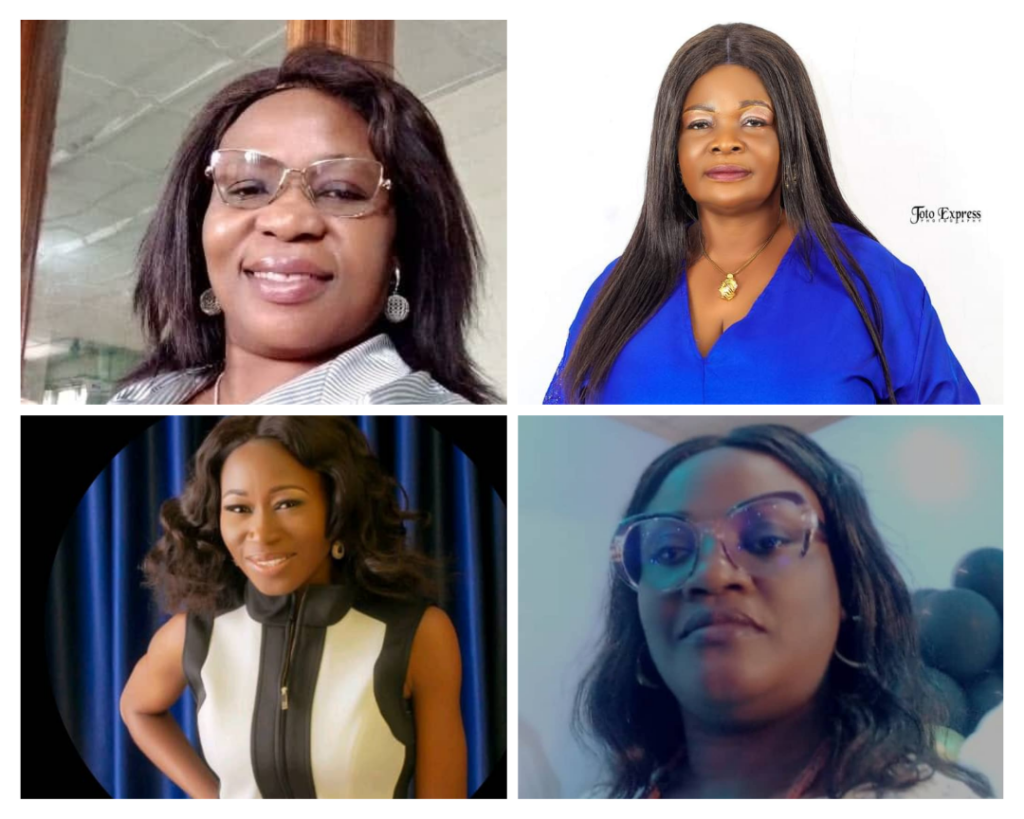Four female journalists based in Rivers State who have doctorate degrees in this interview explained their motivations for seeking the highest educational qualifications and lessons from their academic journeys.
Juliana Masi, Head of Press, Office of the Secretary to Rivers State Government, Juliana Masi (PhD, Peace and Conflict Studies, University of Port-Harcourt)
Why did you decide to get the highest academic qualification, PhD, as a practising journalist?
To challenge myself and accomplish this desire that has been hanging on for like 10 years.
Prepare myself for greater opportunities. Enhance my research skills. Better earning power too.
How were you able to combine working and studying for the course?
Hope to get understanding bosses and colleagues. At periods I was needed in the office but went to school, my boss didn’t complain, and my colleagues also filled up for me. Do and deliver the duties you missed immediately. And Ensure your gap is not consistently felt always. Don’t give up on it because of office-school stress or financial constraints, this always fall in place for the persistent.
The periods I missed lectures or paper presentations, ensured I filled up any gaps too.
What advice do you have for journalists who want to acquire similar qualifications?
Take a step. Until you do, you will never realize that you can accomplish it. Decide to challenge yourself. Have an open mind, START. Get a support team, work-home, if none, start anyway.
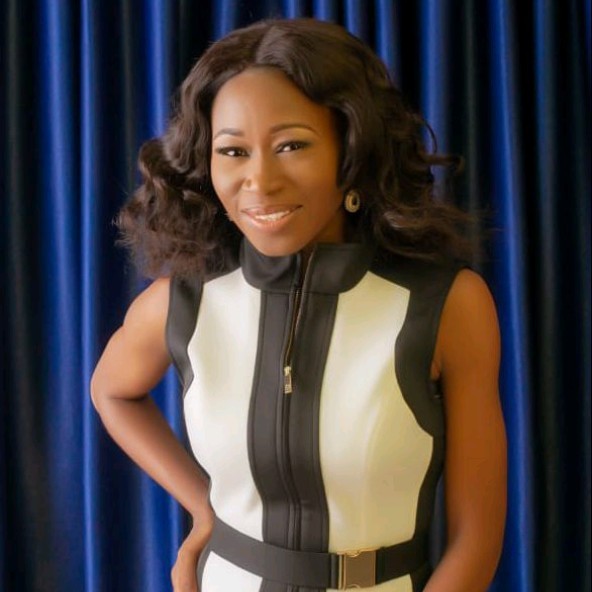
What impact will having a PhD. have on your practice and overall career development?
It gives better insight into doing the job. Personal development goal achievement. More networking and a greater platform to contribute to knowledge. More respect and prestige as well. Greater career opportunities.
How can more journalists having a PhD. enhance the town and gown relationship between the newsroom and the classroom?
I think it will help journalist to get better self and public respect. Deepen their understanding and wider perspective of issues.
Any other comments you want to make on the benefits of higher qualifications for media practice?
The first step is to take a step towards academic or life success.
Ngozi Anosike, Woman Editor, National Network Newspaper, Port-Harcourt, Ngozi Anosike, PhD in English and Communication Arts from Ignatius Ajuri University of Education.
Why did you decide to get the highest academic qualification, a PhD as a practising journalist?
I decided to get a PhD as a practising journalist because I want to be my best in journalism practice while getting to the peak of my journalism career.
How were you able to combine working and studying for the course?
I sacrificed my social life in order to meet up. I also gave up my sleep time and spent most nights reading or writing stories.
What advice do you have for journalists who want to acquire similar qualifications?
Hard work. They should be ready to go the extra mile knowing that just like no Editor wants to get excuses for an answer, no lecturer wants excuses too. Meanwhile, you can’t afford to fail.
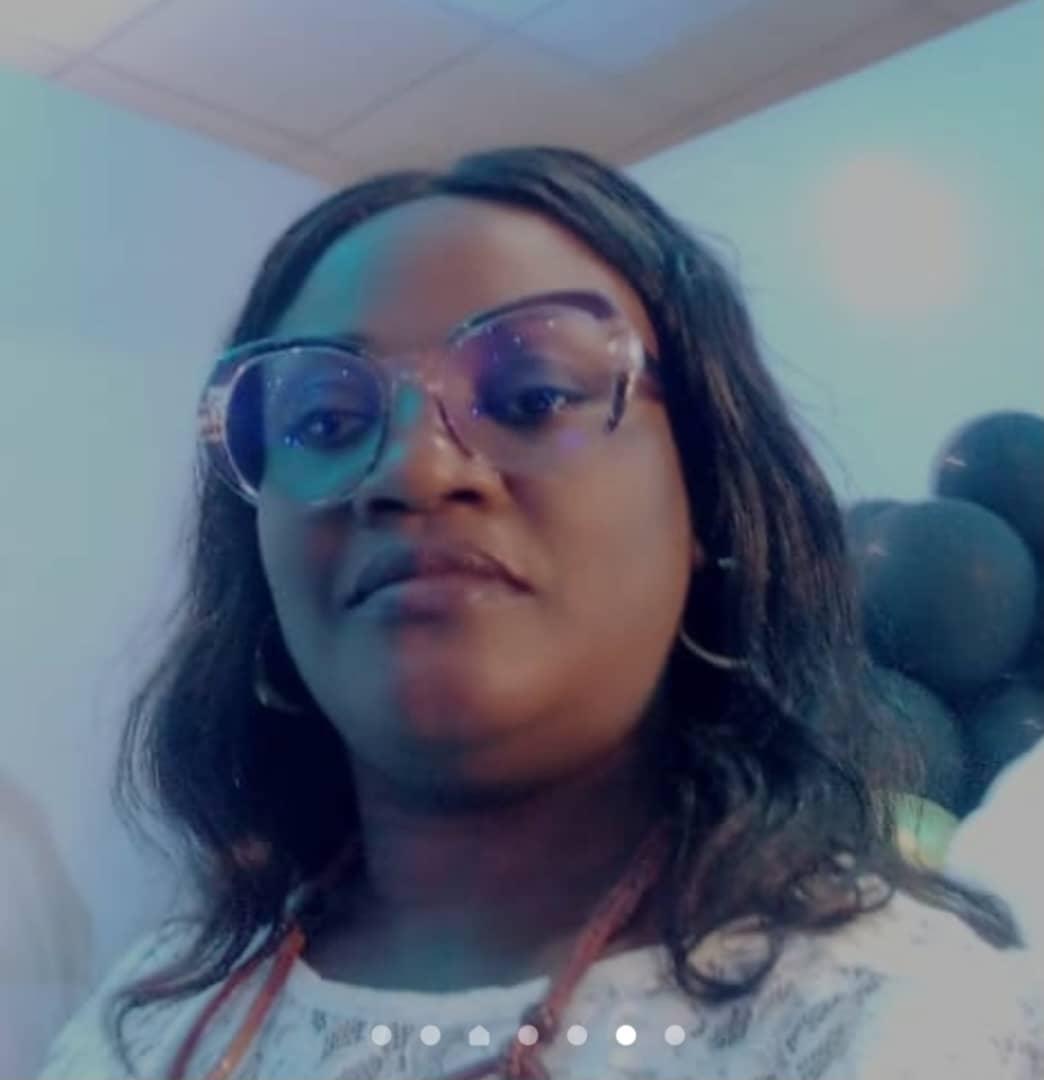
What impact will having a PhD. have on your practice and overall career development?
It improves journalism practice and enhances career development because you are more exposed to the things that will help you to grow in the profession. You practice from the point of an authority who can function efficiently both in classroom and newsroom. You can also teach, coach and mentor journalists.
How can more journalists having a PhD. enhance the town and gown relationship between the newsroom and the classroom?
It will bring about having more seasoned and erudite journalists whose practice will be impactful in society. We will also have more journalists who can teach both in the classroom and in the newsroom.
Any other comments you want to make on the benefits of higher qualifications for media practice?
Higher qualifications for media practice is the way to go. It will produce seasoned journalists who will stick to the ethics of the profession while performing their agenda-setting functions.
Acholonu Ijeoma Tubosia PhD, Deputy Director, Reportorial with the River State Broadcasting Corporation, Acholonu Ijeoma Tubosia ( PhD Broadcasting and Development Communication, Imo State University)
Why did you decide to get the highest academic qualification, a PhD as a practising journalist?
The first reason why I decided to get the highest educational qualification is to position myself for greater opportunities.
Secondly, is to increase my career opportunities and gain specialized knowledge and skills, which may give me opportunity to a higher-paying job and better career advancement prospects in a competitive profession like ours..
It will also help me compete favourably with my colleagues around the world, particularly, my male counterparts.
How were you able to combine working and studying for the course?
I was able to combine working and studying through dedication, hard work , perseverance and good relationship with colleagues who cover for me when I had to go for lectures.
What advice do you have for journalists who want to acquire similar qualifications?
I will tell them to first make up their minds, then with hardwork and perseverance it can be achieved. Bearing in mind that it is not an easy road, they should not look at the challenges but always remember that there is light at the end of the tunnel.
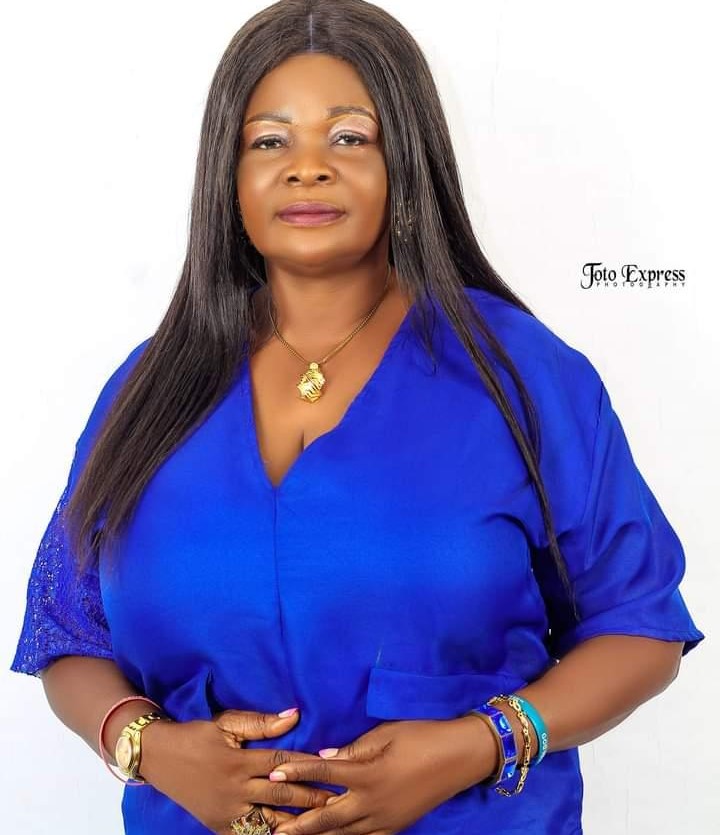
What impact will having a PhD. have on your practice and overall career development?
The PhD holders in the journalism profession Should endeavour to give back to society by collaborating with the Institutions of higher learning around them to impact their wealth of knowledge on the students. At Step- Up for Women Initiative , we collaborate with Heads of institutions to train students of mass communication with little or no cost.
This way the town-and-gown relationship between the newsroom and classroom would be enhanced.
The benefits of higher qualifications in the media practice are enormous.
Higher practice will provide and equip journalists with crucial skills such as professional writing, critical thinking, research methods, ethical practices, and media literacy.
They will be better equipped to serve the public interest, open to greater opportunities and compete with their counterparts all over the globe.
Hannah Aman (Ph.D)
Manager News, River State Television Hannah Amah (PhD Educational Management, Planning and Administration, Rivers State University)
Why did you decide to get the highest academic qualification, PhD, as a practising journalist?
I have always been passionate about Writing and reading since my primary and secondary school days.
While on Campus as a member of the Nigerian Fellowship Of Evangelical Students (NIFES) as head of the Magazine and Publicity Unit I was running a radio station popularly called Radio NIFES and wrote tracts for Evangelism these Campus activities fostered my love for Journalism and the Classroom.
I love Education and always wanted to get to the apex, so Before gaining Employment as a broadcast journalist and practicing Journalism professionally I worked as
a teacher in primary and secondary schools with a desire to become a University lecturer someday, so that’s a summary of why I decided to acquire a PhD as a Practicing Journalist.
How were you able to combine working and studying for the course?
As to how I was able to combine working and Studying, I would say the Mind is a very strong tool, the seat of all emotions and passion and what ever it sets to do it can achieve, that’s why the Bible says we should guide our Hearts with all diligence for out of it are the issues of life Prov. 4: 23. I was simply determined and saw my self through the Program despite the odds.
What advice do you have for journalists who want to acquire similar qualifications?
For Journalists who desire to further their studies to Ph.D level I will say be focused and determined, it will cost you time, money, leisure, Prayer, sleep amongst others but you can achieve it if you push for it and you will be happy you did.
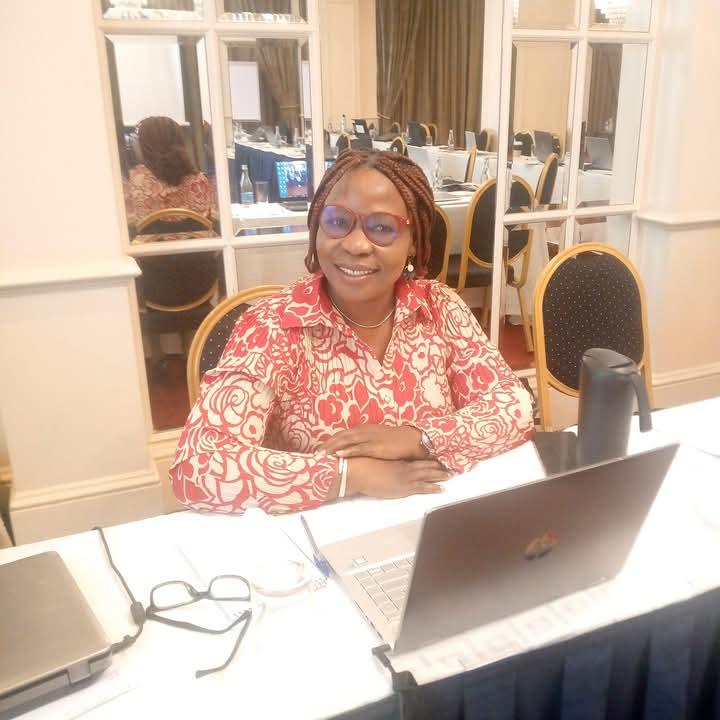
What impact will having a PhD have on your practice and overall career development?
Studying and Researching opens your mind to a lot of possibilities, improves your work, gives you more platforms, you become an authority in one or more areas of study, especially what you researched ( topic of your thesis)as you must have written and published some works on your topics. Your career development is faster and taken to a whole new level, generally, you learn to impact what you know because Public Speaking and Paper presentations are part and parcel of the PhD programme. More is expected from you generally as a PhD holder.
How can more journalists having a PhD enhance the town-and-gown relationship between the newsroom and the classroom?
More Journalists having Ph.D will help the profession in the quality of our reportage, societal perception of Journalism, Professionalism in our practice, close the gap between the Newsroom and the Classroom, improve Campus Journalism and definitely help students of mass communication.
Any other comments on the benefits of higher qualifications for media practice?
I encourage more Journalists to acquire higher educational qualifications even Ph.D, Because I believe it will help with the way they conduct themselves and carry out their duties and possibly nib the BROWN ENVELOPE SYNDROME in the bud.
READ MORE:
More journalists bag PhD in Media & Communication

